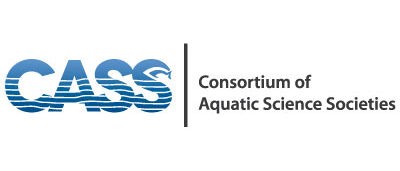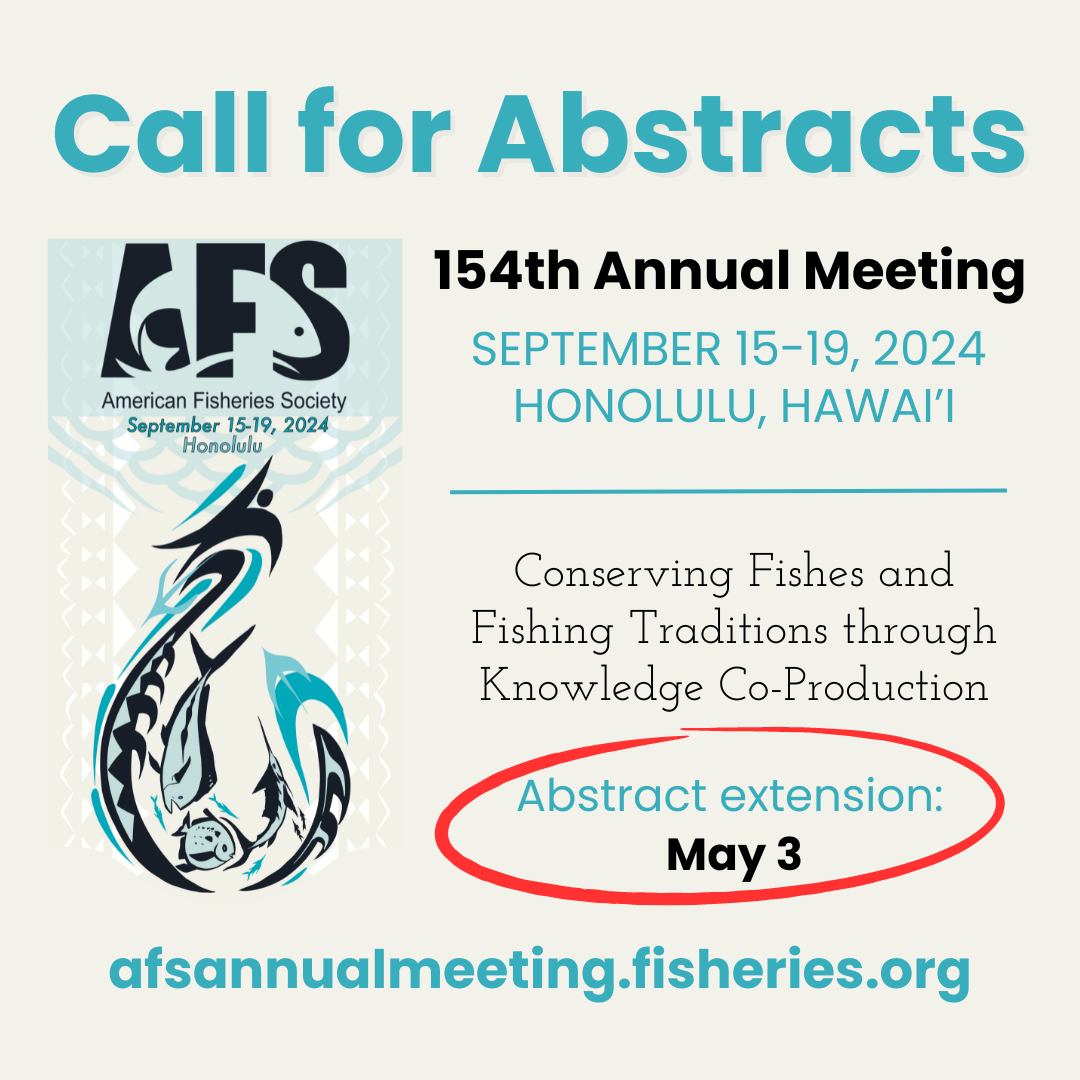
American Fisheries Society ● Association for the Sciences of Limnology and Oceanography
Coastal and Estuarine Research Federation ● Freshwater Mollusk Conservation Society
International Association for Great Lakes Research ● North American Lake Management Society
Phycological Society of America ● Society for Freshwater Science ● Society of Wetland Scientists
FOR IMMEDIATE RELEASE
January 23, 2020
Contact: Drue Winters
[email protected]
(301) 897-8616 x202
AQUATIC SCIENTISTS CRITICIZE REVISED DEFINITION OF WATERS OF THE U.S.
(Bethesda, Md.) January 23, 2020 — The U.S. EPA and the Army Corps of Engineers have redefined the extent of protection for the nation’s freshwater resources. The Consortium of Aquatic Science Societies, a group of nine professional societies with a total of more than 20,000 member scientists, strongly criticized the new definition of the “Waters of the United States (WOTUS).” The redefinition is inconsistent with the best-available science. It removes protection for millions of stream miles and acres of wetlands that keep waters and watersheds healthy.
The Clean Water Act’s mandate is “to restore and maintain the chemical, physical, and biological integrity of the Nation’s waters.” The new rule eliminates protection for waters that otherwise maintain watershed integrity, thus rendering the objectives of the Clean Water Act unattainable.
Impairment of headwaters and wetlands affects water quality and flow for entire watersheds. The rule threatens critical headwater and wetland ecosystem services, like water quality protection, aquifer recharge, organic material transport, safeguarding habitats for endangered species, and support for recreational and commercial fishing economies. Climate change and land use intensification have already shifted waters that were permanent to intermittent and intermittent to ephemeral. Under the revised WOTUS, more waters will lose protection, thus severely undermining our nation’s water quality and fisheries.
“The published science demonstrates that the loss of protections for our nation’s most vulnerable waters will have far-reaching implications for fish, wildlife, and their habitats,” said American Fisheries Society Executive Director Doug Austen, Ph.D.
“The Trump administration’s new rule is a blatant disregard for science. Over a thousand peer-reviewed studies have demonstrated the connectivity of inland waters. The well-being of our nation is dependent on the health of our waterbodies,” said Mike Pace, President of the Association for the Sciences of Limnology and Oceanography. “The new rule rolls back protections that have been in place for decades and will cause irreparable harm to our inland waters.”
“We have a clear understanding of the critical functions provided by our wetlands, including maintenance of clean water. We should be seeking ways to preserve and strengthen these benefits. Instead, the proposed new rule, which flies in the face of good science, will weaken protection for headwater streams and associated wetlands, systems that are key to safeguarding healthy watersheds,” said Loretta Battaglia, Ph.D., President-Elect of the Society of Wetland Scientists.
Our nation’s estuaries and coastal waters are vital to our economic prosperity and sustainability. The health of these waters is influenced not just by the flow of streams and rivers, but also through groundwater connections to wetlands, dammed and diked areas, and ditches in coastal watersheds. “The proposed new rule will weaken protection of the water quality and biological integrity for these vital ecosystems,” said James Fourqurean, Ph.D., President of The Coastal and Estuarine Research Federation.
Perry Thomas, Ph.D., President of the North American Lake Management Society, said, “Even our highest quality lakes are threatened by erosion and other degradation in their watersheds. If we are going to protect these incredibly valuable water bodies we need to manage stormwater and address erosion in these lake watersheds but that would be essentially lost under the proposed WOTUS definition that excludes many headwater streams and wetlands.”
“Not only are the excluded headwaters and wetlands critical for the ecological integrity of our rivers and streams, they also are the required habitats for unique species and natural communities. Removal of protections will make all our aquatic natural heritage more vulnerable to future development and climate change impacts,” said Braven Beaty, Ph.D., co-chair of the Freshwater Mollusk Conservation Society Environmental Quality and Affairs Committee.
“The science on the connectivity between headwater streams, wetlands, and ecosystem services like clean water is undisputed,” asserts Amy Rosemond, Ph.D., President of the Society for Freshwater Science, “however, the EPA has chosen to ignore this science. This includes ignoring the conclusions of EPA’s own staff scientists and science advisory board. The new rule is simply not scientifically defensible and the decision to ignore the science was arbitrary and capricious. The logical outcome of today’s rule will be a degradation in water quality and increasing threats to human health.”
For more information on the Waters of the United States, see https://fisheries.org/policy-media/wotus/.
# # #






